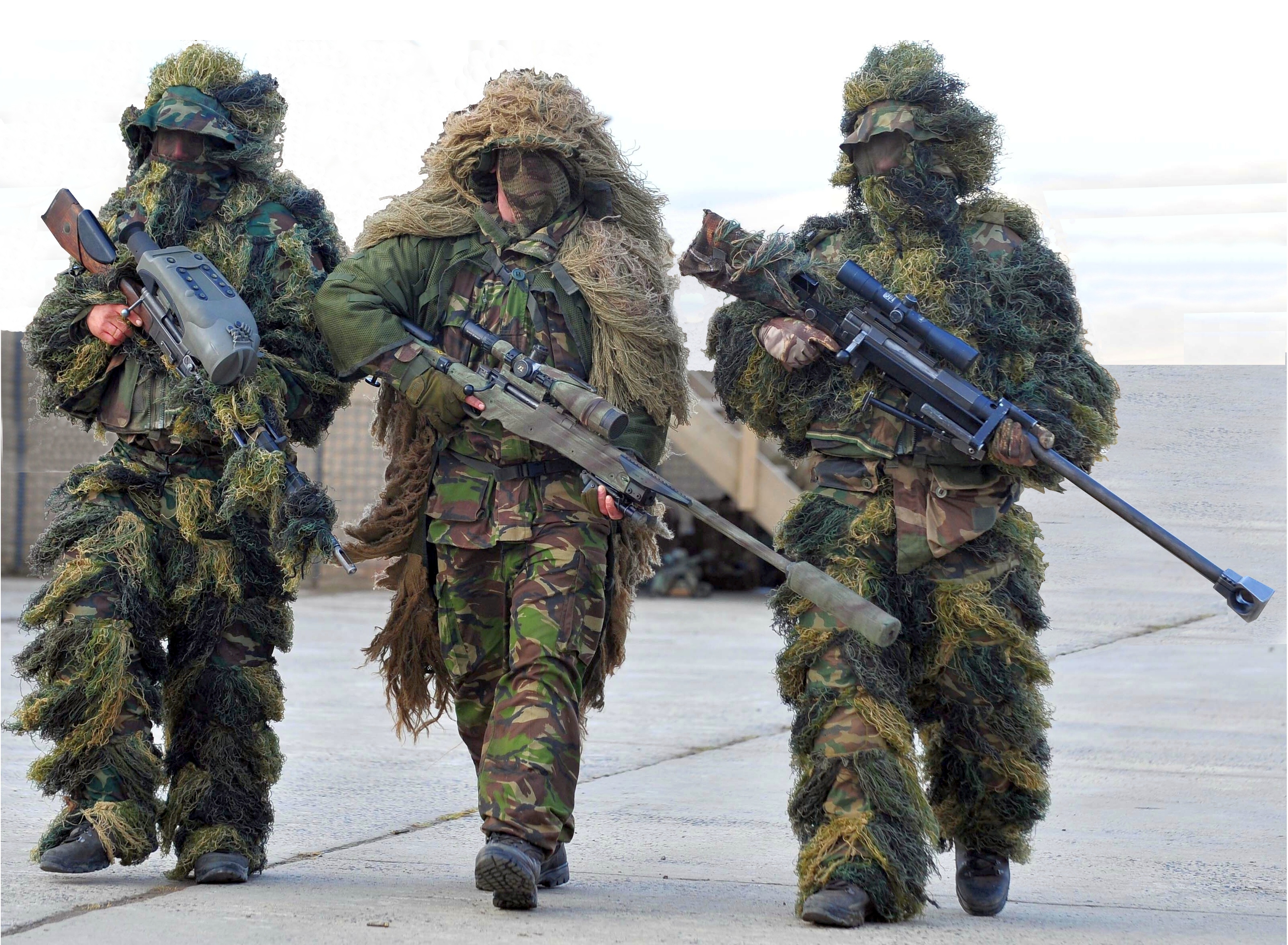The Ultimate Guide to Long Range Rifle Marksmanship in Minutes of Angle
- Introduction to Long Range Shooting
- Understanding MOA (Minute Of Angle)
- Firearm and Ammunition Basics
- Long Range Shooting Techniques
- Environmental Factors & Shooting Adjustments
- Field Techniques
- Advanced MOA Applications
- Sniper Techniques and Skills
- Preparation and Training Tips
- Ethical Issues in Long Range Shooting
Sniper Techniques and Skills
Introduction to Sniping

Highly trained marksman.
Sniping is a highly specialized skill that requires precision, patience, and a deep understanding of a variety of factors that can influence the trajectory and impact of a bullet. This article will provide an introduction to the role of a sniper, a brief historical overview of sniping, and a look at the context of modern-day sniping in military and law enforcement settings.
Definition and Role of a Sniper
A sniper is a highly trained marksman who operates alone, in a pair, or with a sniper team to maintain close visual contact with the enemy and engage targets from concealed positions or distances exceeding the detection capabilities of enemy personnel. Snipers specialize in stealth, camouflage, infiltration, and observation skills. They're also adept at shooting targets with precision from long distances, often with the aid of a sniper rifle and high-quality optics.
The primary role of a sniper in a combat environment is to disrupt the enemy's command structure, slow enemy movement, scare enemy soldiers, lower morale, and counter-snipe. They are also often used in reconnaissance and surveillance roles due to their unique training and abilities.
Historical Overview of Sniping
The role of the sniper dates back centuries. The term itself originated from the British occupation of India in the 1770s, where soldiers would hunt the elusive snipe bird and were referred to as "snipers".
During World War I, the role of the sniper became more defined and recognized as a specific military occupation. The trench warfare conditions of the Great War made the sniper an integral part of the battlefield strategy.
In World War II, snipers were used in all theaters of the war. The infamous Soviet sniper, Vasily Zaytsev, became a symbol of Russian resistance against the invading German forces during the Battle of Stalingrad.
In recent conflicts, such as those in Iraq and Afghanistan, snipers have played key roles in counterinsurgency operations, providing overwatch for patrols, taking out enemy insurgents, and gathering intelligence.
Modern Day Sniping: Military and Law Enforcement Contexts
In today's military context, snipers are an essential component of warfare. They are used for their ability to take out high-value targets from long distances, provide reconnaissance, and create general disruption among enemy forces.
In law enforcement, snipers are often part of a SWAT team. Their role is typically to neutralize threats in hostage situations or in scenarios where a suspect is heavily armed. They are trained to take highly accurate shots in order to neutralize a threat without harming hostages or bystanders.
In conclusion, sniping is a highly specialized skill that has evolved over centuries of warfare. Today, snipers play a crucial role in both military and law enforcement contexts, providing unique capabilities that are integral to modern combat and threat neutralization strategies.